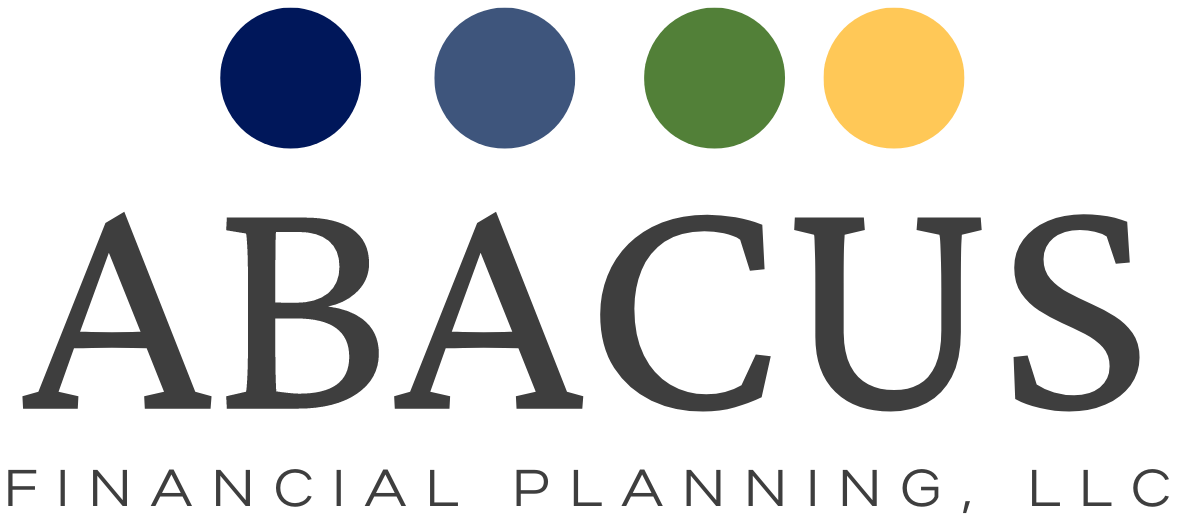Me! And lots of other people. It is a good baseline when selecting a financial advisor.
Fee-only
The financial advisor will receive payment only from you, the client. This means the advisor never receives payment from an insurance company or investment company for selling you a product.
Fiduciary
The financial advisor will put the best interest of you, the client, ahead of the advisor’s interests.
Conflicts of interest
Financial advisors face many potential conflicts of interest. A common tension involves what is right for the client and what makes more money for the advisor. Abacus Financial Planning makes the commitment to put the client’s interests first, minimize the potential for conflicts of interest, and disclose potential conflicts of interest to the client.
These are examples where they may be a potential conflict of interest.
Which is the best insurance policy to buy?
There are lots of options when it comes to life insurance. A term policy is usually the simplest and cheapest. A variable policy is more complicated and typically more expensive. Each may be appropriate under certain circumstances. If a financial advisor receives commissions for selling insurance, he/she may be more inclined to recommend an expensive policy with a higher commission when a term policy might meet the client’s needs and cost less.
As an independent RIA, Abacus Financial Planning does not receive commissions for recommending any insurance policies.
Pay off your mortgage early or invest the extra mortgage payments?
The math tends to say you are better off investing. A financial advisor (who is paid based on the amount of assets being managed) will make more money through fees if you invest the extra mortgage payments. But maybe you’ll sleep better at night if you are debt free. Maybe you will feel free to retire a little earlier or take a self-funded sabbatical with lower monthly expenses.
Abacus Financial Planning helps clients explore these questions, going beyond the mathematical formulas. We work together to determine the path that is in your best interest.
Roll over a 401(k) into an IRA?
There can be advantages to rolling an old 401(k) or 403(b) into an IRA, such as more investment options and simplifying recordkeeping and RMDs. On the other hand, you may also lose some special features, such as the rule of 55, which allows penalty-free withdrawals in some circumstances. The financial advisor will make more money if you roll it into AUM. This is an example where disclosure is key in the fiduciary process.






